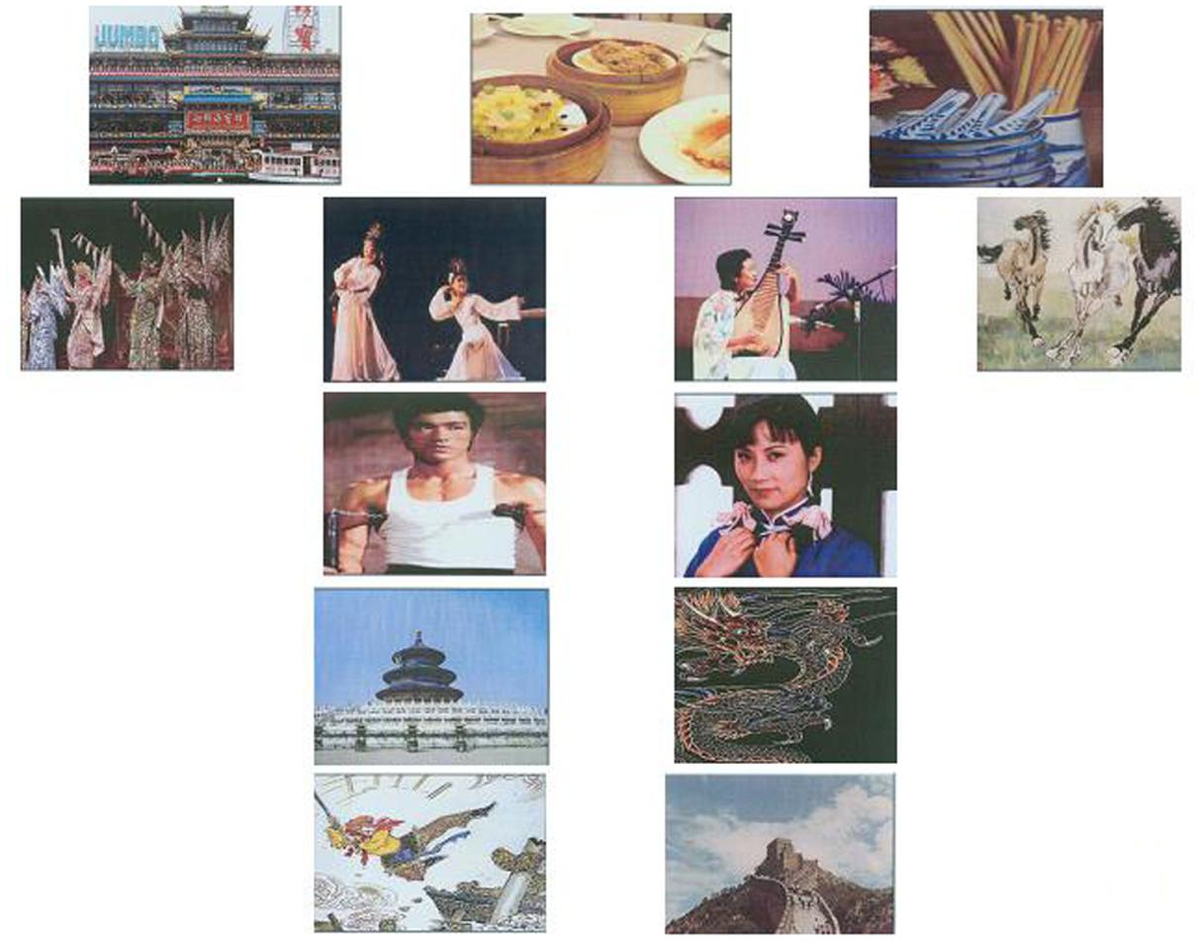
The Universal Nature of Humor With Cultural Nuances
Humor is a universal phenomenon that transcends borders, yet it is deeply influenced by cultural contexts. Different societies exhibit varying styles of humor that reflect their unique cultural values, norms, and historical narratives. For instance, Western humor often emphasizes satire, sarcasm, and irony, with comedians engaging in sharp commentary on social and political landscapes. This style showcases a cultural tendency toward individual expression and critique, indicative of a society that values personal freedom and the right to question authority[3].
In contrast, humor in Eastern cultures tends to be more subtle and indirect, reflecting a stronger emphasis on social harmony and cohesion. For example, in Japan, wordplay and puns are prevalent, showcasing the complexity of the language and a cultural preference for non-confrontational humor[3]. In China, traditional comedic forms such as xiangsheng (cross-talk) focus on storytelling and wit, heavily relying on shared cultural references that assume an understanding of historical context and social nuances[2][3].
Humor and Individualism Versus Collectivism

The differences in comedy styles between Western and Eastern cultures can be linked to broader cultural trends, particularly individualism and collectivism. Research indicates that Westerners generally view humor as a common, positive disposition that enhances interpersonal relationships and self-actualization[4]. In this context, humor is seen as a trait that many people can possess and utilize in their daily lives, promoting a sense of community and connection among individuals. Historical appreciation of humor in Western societies dates back to ancient philosophers like Plato and Aristotle, who recognized its value in social interactions[4][5].
Conversely, Eastern societies, particularly influenced by Confucianism, tend to perceive humor as more specialized and associated with particular individuals, often seen as a trait of comedians and entertainers rather than a universal characteristic. This perspective results in an ambivalence toward humor, where Chinese individuals may value it yet feel it is inappropriate for broader social interactions. Studies have shown that while Chinese students acknowledge the importance of humor in life, they often perceive themselves as less humorous than their Western counterparts[1][4].
The Impact of Historical Contexts on Humor
The historical context of a culture significantly affects its comedic style. In the Middle East, humor often employs sharp social commentary and self-deprecation, serving as a means for critique and resistance in politically sensitive environments. For example, in countries like Egypt, comedians have used allegories to bypass censorship and tackle social issues through humor[3]. This illustrates how humor can function as a form of political discourse, adapting to the constraints and challenges faced by the society.
Latin American comedy, on the other hand, is characterized by exuberance and a love for absurdity. The theatrical nature of telenovelas and the physical comedy embraced by many Latin American comedians reflect a cultural attitude that finds joy and humor in the unpredictable and chaotic aspects of life. This comedic style mirrors a society that celebrates emotional expressions and often uses humor as a coping mechanism to deal with societal contradictions and difficulties[3].
Psychological Implications of Humor Across Cultures

Humor not only serves as a form of entertainment but also has significant implications for psychological well-being, varying across cultural contexts. In research, humor types such as self-enhancing and affiliative humor have been linked to better mental health outcomes in Westerners[2]. These humor styles encourage resilience and coping in the face of adversity, positively affecting emotions and social interactions.
However, for Easterners, the relationship between humor and psychological well-being can be more complex. While affilitative and self-enhancing humor can help individuals cope with stress, studies indicate that maladaptive humor styles, such as aggressive or self-defeating humor, may not have the same detrimental effects as seen in Western contexts. The cultural context of collectivism in Eastern societies leads to different interpretations and applications of humor, which could explain why maladaptive humor is less impactful in terms of psychological outcomes[1][2].
Future Directions for Exploring Humor Across Cultures
The study of humor across different cultures provides a rich area for understanding how comedic styles reflect and shape societal values. Future research should explore not only the cultural dimensions of humor but also its implications for communication and social change. Understanding how specific cultural contexts influence humor perception and usage will deepen insights into global interactions and shared experiences[4]. As globalization continues to blend various cultural elements, the evolving forms of humor warrant a closer examination of how they challenge traditional norms and foster inclusivity across cultures.
In conclusion, comedy is not merely an entertainment medium but a profound reflection of the cultural identities and values that shape societies. Through humor, we can glimpse into the complexities of human experience, revealing how laughter connects us while also highlighting our distinct cultural narratives.
Get more accurate answers with Super Pandi, upload files, personalized discovery feed, save searches and contribute to the PandiPedia.
Let's look at alternatives:
- Modify the query.
- Start a new thread.
- Remove sources (if manually added).